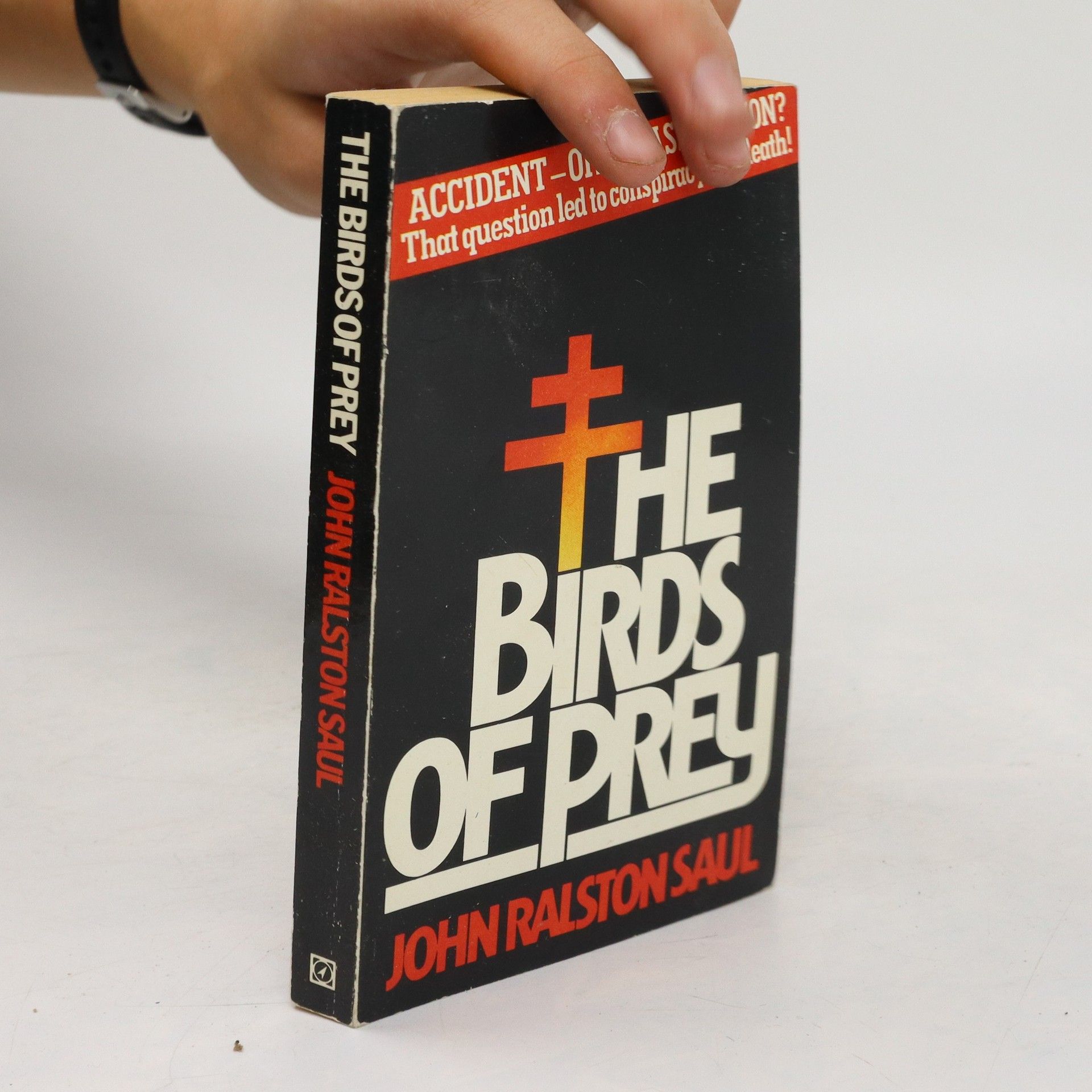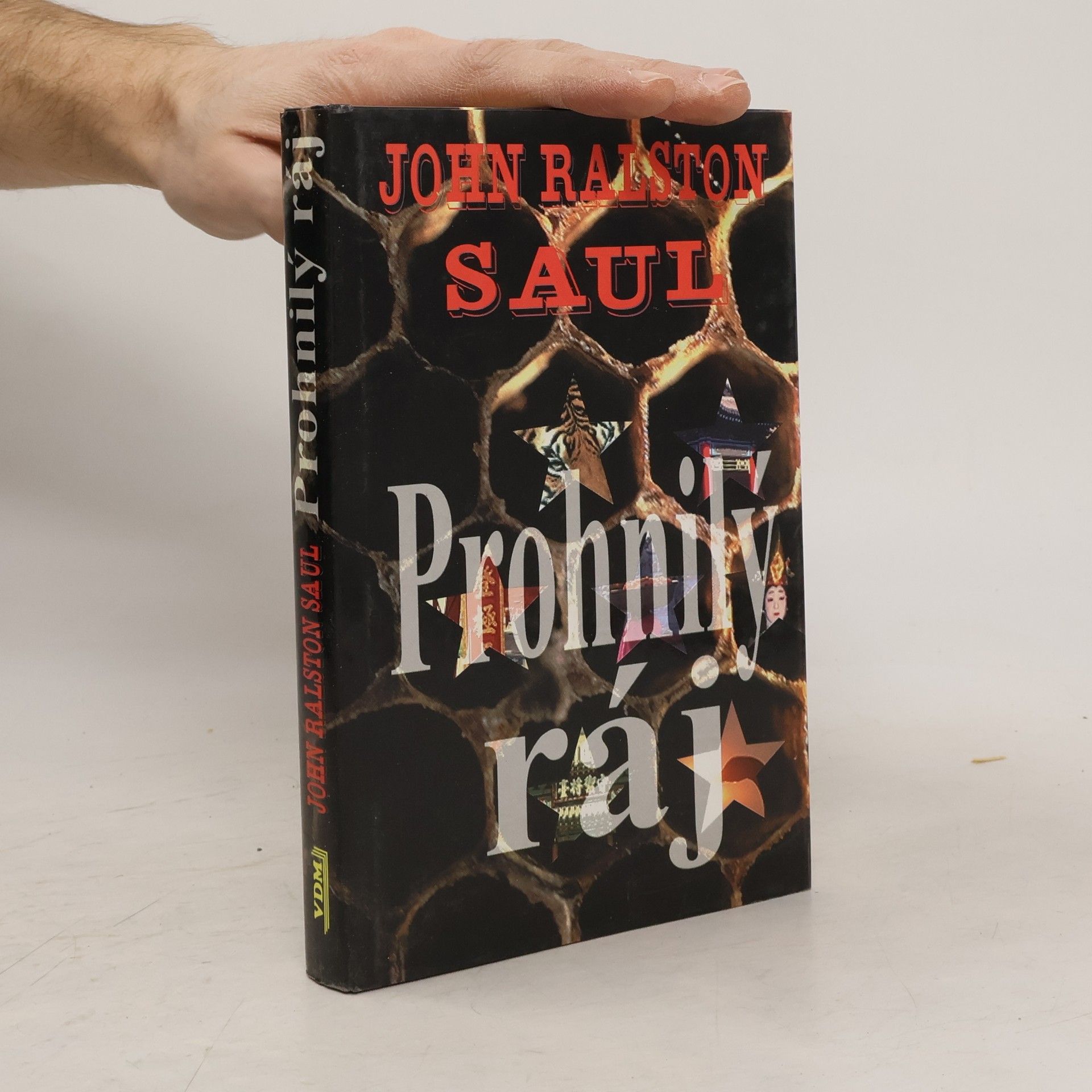John R. Saul Book order (chronological)
John Ralston Saul is a Canadian author and essayist known for his profound explorations of individualism, citizenship, and the public good. He critically examines the pitfalls of technocrat-led societies and the confusion between genuine leadership and mere managerialism. Saul's work delves into military strategy, the vital role of free speech and culture, and offers a sharp critique of contemporary economic discourse, highlighting the unique power of the individual voice.







Collapse of Globalism
- 325 pages
- 12 hours of reading
Revised and updated, with a new introduction, "The Collapse of Globalism" is 'a triumph...reminding us what the global economy really is - something that humans have created...This is the start of a new debate' - "Forbes". Globalization, like many great ideologies before it, is dead. Despite the almost religious certainty with which it was conceived, nation states have not become extinct, international trade has not created real wealth that has spread across society and many dictatorships have not changed into democracies. In this groundbreaking book, the distinguished philosopher John Ralston Saul examines where we go from here. As the hope of global prosperity fades and the problems of immigration, terrorism and the collapsing economy cause the world's nations to rethink their relationships, Saul's exhilarating investigation into the collapse of globalism is essential - and timely.
Hauch der Verdammnis.
- 382 pages
- 14 hours of reading
Von Erdbeeren, Wirtschaftsgipfeln und anderen Zumutungen des 21. Jahrhunderts
- 354 pages
- 13 hours of reading
Mit sprühendem Witz packt John Ralston Saul den globalisierten Zeitgeist nach der Jahrhundertwende am Schopf. Ein Lexikon durch die Irrungen aus aus Alltag, Wirtschaft, Politik und Philosophie - witzig, provokativ und immer überraschend. Vom Big Mac zum Neokannibalismus, vom Banker zum Zapper, von der Erdbeere zur globalen Weltordnung - augenzwinkernd und bissig spießt er auf, was uns an Zumutungen in die Quere kommt. Bewaffnet mit Sauls Handbuch können wir dem 21. Jahrhundert gelassen ins Auge sehen. So bleibt uns auch in der schönen neuen Welt das Lachen nicht im Halse stecken. Auch wenn die Erdbeere nach nassem Eierkarton schmeckt...
Spannung
zwei Romane in einem Band
The Unconscious Civilization
- 208 pages
- 8 hours of reading
The book offers a philosophical exploration of the pervasive influence of corporatism in contemporary society, arguing that it undermines democratic principles. It delves into the mechanisms through which corporatism has entrenched itself and presents strategies for resisting its detrimental effects. The author aims to provoke critical thought about the intersection of corporate power and democratic governance, encouraging readers to consider ways to reclaim democratic integrity.
To druhé nejlepší
- 286 pages
- 11 hours of reading
Děj thrilleru kanadského autora, kterého kritici často přirovnávají ke Grahamu Greenovi a Josephu Conradovi, se odehrává v nedávné době v jihovýchodní Asii, kam bývalý znalec orientálního umění britského muzea Spenser podniká loupežnou výpravu pro sochy Buddhy z klášterního komplexu. Nicméně v této době jsou zdejší země poznamenány dlouholetými válečnými konflikty. Pes barmsko-thajskou hranici putuje většina světové produkce opia. Jednotlivé stezky přes hory střeží větší či menší ozbrojené skupiny, které si nechávají platit tučné výkupné. Spenser zjišťuje příliš pozdě, že padl do osudné léčky. ... celý text
John Field je bývalý úspěšný novinář. V komunistickém Laosu je obžalován ze zmasakrování manželského páru. Ta žena byla kdysi jeho milenkou. Následuje dramatický útěk do Thajska, kde po něm pátrají najatí vrazi. Do čeho se to dostal? Field se snaží uniknout dogovým mafiím do prostředí bangkokských bordelů přeplněných mladými thajskými děvčaty i děvčátky, které sem prodali jejich chudí rodiče. Field poznává krutou pravdu, že špinavé peníze z prodeje drog pronikají do nejvyšších míst politiků ruku v ruce s vojenským pučem.






